Burmese Stories for Language Learners: Short Stories and Folktales in Burmese and English A Zun Mo
https://ebookmass.com/product/burmese-stories-for-language-learnersshort-stories-and-folktales-in-burmese-and-english-a-zun-mo/
ebookmass.com
Rethinking Civic Participation in Democratic Theory and Practice 1st Edition Rod Dacombe (Auth.)
https://ebookmass.com/product/rethinking-civic-participation-indemocratic-theory-and-practice-1st-edition-rod-dacombe-auth/
ebookmass.com
Sensorimotor Psychotherapy: Interventions for Trauma and Attachment (Norton Series on Interpersonal Neurobiology) Csm Edition, (Ebook PDF)
https://ebookmass.com/product/sensorimotor-psychotherapyinterventions-for-trauma-and-attachment-norton-series-oninterpersonal-neurobiology-csm-edition-ebook-pdf/ ebookmass.com
Wolf Under Fire Paige Tyler
https://ebookmass.com/product/wolf-under-fire-paige-tyler-3/
ebookmass.com
The Sermons of John Donne: Volume 8
https://ebookmass.com/product/the-sermons-of-john-donne-volume-8/
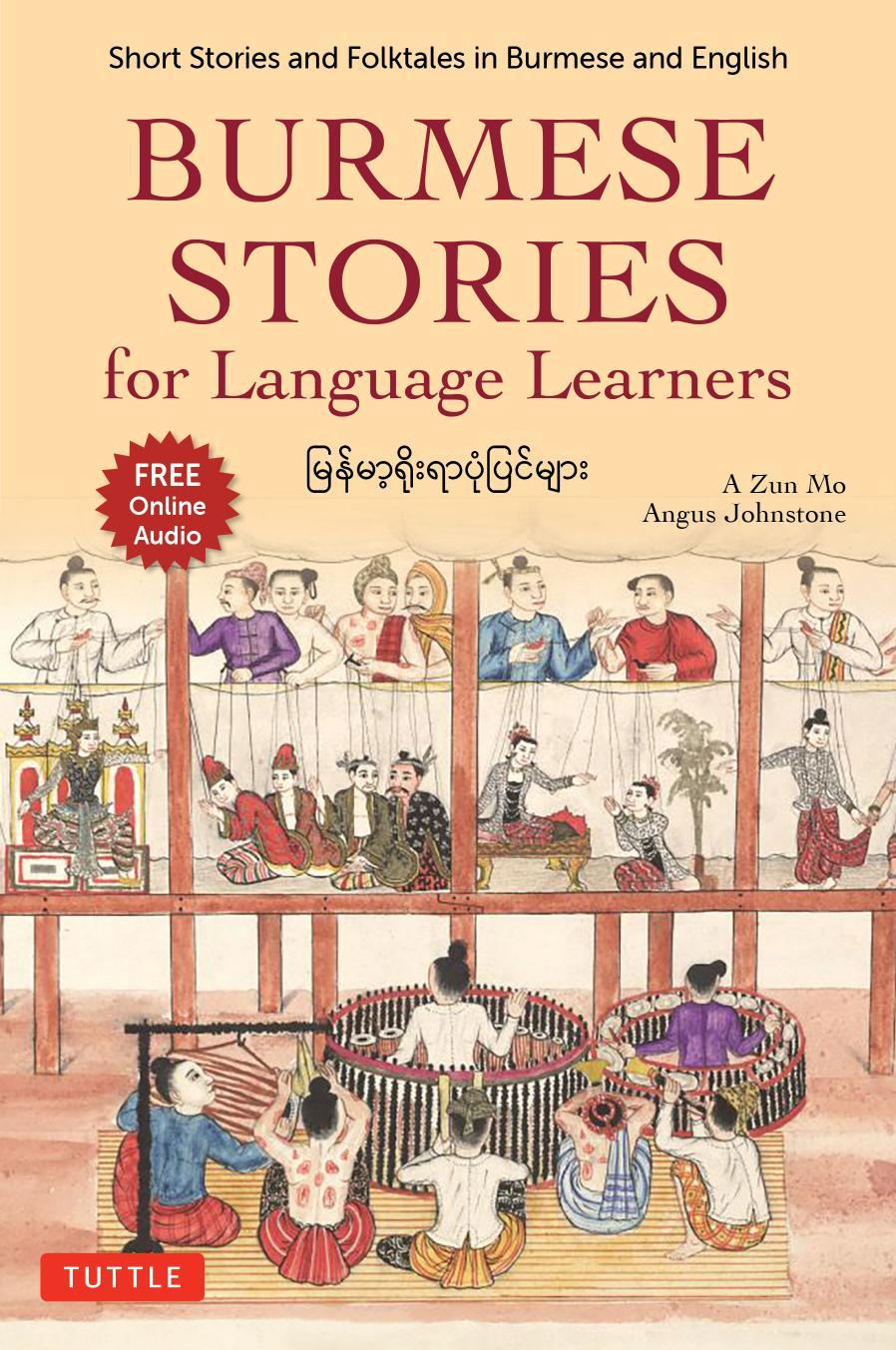
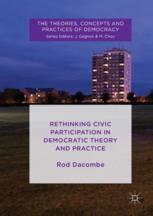


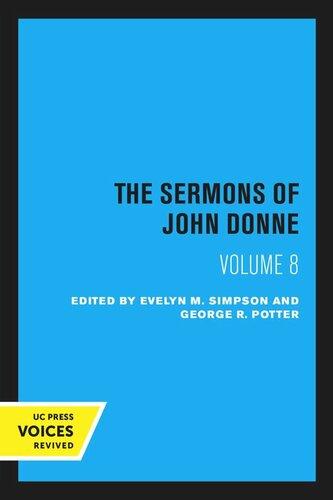
ebookmass.com
Study and communication skills for Psychology 22nd Edition
Vanessa Parson
https://ebookmass.com/product/study-and-communication-skills-forpsychology-22nd-edition-vanessa-parson/
ebookmass.com


Preface xxi
CHAPTER 1 PHILOSOPHY AND YOU 1
1.1 PHILOSOPHY: THE QUEST FOR UNDERSTANDING 2
The Good of Philosophy 2
Philosophical Terrain 4
What Do You Believe? Your Philosophical Beliefs 5
Essay/Discussion Questions 7
1.2 SOCRATES AND THE EXAMINED LIFE 8
Philosophers at Work: Plato 9
PLATO: The Republic 10
Philosophers at Work: The Pre-Socratics 12
Essay/Discussion Questions 14
1.3 THINKING PHILOSOPHICALLY 14
Reasons and Arguments 15
Philosophy Lab 16
Philosophers at Work: Philosophy Takes on Racism 20
Reading Philosophy 27
Philosophers at Work: Hypatia 29
Philosophers at Work: Early Women
Philosophers: Themistoclea, Arignote, and Theano 31
Fallacious Reasoning 33
Philosophy Now: Philosophy in the News 34
Essay/Discussion Questions 40
REVIEW NOTES 40
Writing to Understand: Arguing Your Own Views 42
KEY TERMS 42
ARGUMENT EXERCISES 43
NARRATIVE: Plato, The Trial and Death of Socrates 47
PROBING QUESTIONS 55
FOR FURTHER READING 55
CHAPTER 2 GOD AND RELIGION 57
2.1 OVERVIEW: GOD AND PHILOSOPHY 58
Why Religion Matters 59
Overview: The Philosopher’s Quest 59
Philosophy Now: Who Believes in God? 60
What Do You Believe? Hard-Wired for God? 63
Belief and Disbelief 64
Writing to Understand: Critiquing Philosophical Views 66
2.2 ARGUMENTS FOR THE EXISTENCE OF GOD 66
Cosmological Arguments 66
AQUINAS: Summa Theologica 67
Philosophers at Work: St. Thomas Aquinas 68
Philosophy Now: Science and the Uncaused Universe 69
CRAIG: Reasonable Faith 70
Design Arguments 72
PALEY: Natural Theology 72
HUME: Dialogues Concerning Natural Religion 74
Philosophy Now: Do Scientists Reject Religion? 78
Ontological Arguments 79
ANSELM: Proslogium 79
Philosophy Now: Evolution and Intelligent Design 80
KANT: Critique of Pure Reason 83
Writing to Understand: Critiquing Philosophical Views 83
2.3 GOD AND THE PROBLEM OF EVIL 84
Rowe’s Argument from Evil 84
ROWE: Philosophy of Religion 84
The Free Will Defense 87
SWINBURNE: Is There a God? 87
The Soul-Making Defense 88
HICK: Evil and the God of Love 88
Writing to Understand: Critiquing Philosophical Views 91
2.4 THEISM AND RELIGIOUS EXPERIENCE 92
ST. TERESA OF AVILA: The Life of Teresa of Jesus 92
MACKIE: The Miracle of Theism 93
Philosophy Lab 94
ROWE: Philosophy of Religion 95
Philosophy Now: Proof of the Power of Prayer? 96
SWINBURNE: The Existence of God 97
Writing to Understand: Critiquing Philosophical Views 98
2.5 BELIEF WITHOUT REASON 98
James: Pragmatic Faith 99
JAMES: “ The Will to Believe” 100
MARTIN: Atheism: A Philosophical Justification 106
Pascal: Betting on God 106
What Do You Believe? Do You Live by Faith? 107
PASCAL: Pensees and Other Writings 107
Writing to Understand: Critiquing Philosophical Views 109
2.6 EASTERN RELIGIONS 109
Buddhism 109
SUMEDHO: Buddha-Nature 112
RAHULA: What the Buddha Taught 112
Philosophy Now: Buddhism and Science 114
Hinduism 116
Philosophy Now: The Caste System 120
Daoism 123
CHUANG TZU: All Things Are One 123
LAO-TZU: Tao-te ching 124
Writing to Understand: Critiquing Philosophical Views 126
CHAPTER 4 MIND AND BODY 205
4.1 OVERVIEW: THE MIND–BODY PROBLEM 206
Writing to Understand: Critiquing Philosophical Views 211
4.2 SUBSTANCE DUALISM 211
DESCARTES: Discourse on the Method of Rightly Conducting the Reason 212
SCHICK: Doing Philosophy 212
DESCARTES: Meditations on First Philosophy 213
What Do You Believe? The Immortal Soul 214
SEARLE: Mind 216
Writing to Understand: Critiquing Philosophical Views 217
4.3 MIND–BODY IDENTITY 217
SMART: “Sensations and Brain Processes” 217
CHALMERS: The Conscious Mind 218
NAGEL: “What Is It Like to Be a Bat?” 220
Writing to Understand: Critiquing Philosophical Views 221
4.4 THE MIND AS SOFTWARE 222
FODOR: “The Mind–Body Problem” 222
BLOCK: “Troubles with Functionalism” 223
What Do You Believe? Al and Human Rights 224
SEARLE: Mind 226
Philosophers at Work: Alan Turing 227
Philosophers at Work: John R. Searle 228
Writing to Understand: Critiquing Philosophical Views 229
Philosophy Now: AI, Ethics, and War 230
4.5 THE MIND AS PROPERTIES 230
CHALMERS: The Conscious Mind 232
Philosophy Lab 233
Writing to Understand: Critiquing Philosophical Views 234
REVIEW NOTES 234
Writing to Understand: Arguing Your Own Views 235
HUME: An Enquiry Concerning Human Understanding 305
Writing to Understand: Critiquing Philosophical Views 310
6.4 THE KANTIAN COMPROMISE 311
KANT: Critique of Pure Reason 312
Philosophers at Work: Immanuel Kant 313
Philosophy Now: Conceptualizing the World 316
Writing to Understand: Critiquing Philosophical Views 319
6.5 A FEMINIST PERSPECTIVE ON KNOWLEDGE 319
AINLEY: “Feminist Philosophy” 320
ANTONY: “Embodiment and Epistemology” 320
ANDERSON: “Feminist Epistemology and Philosophy of Science” 321
COLE: Philosophy and Feminist Criticism 321
Writing to Understand: Critiquing Philosophical Views 325
REVIEW NOTES 325
Writing to Understand: Arguing Your Own Views 328
KEY TERMS 329
FICTION: Lewis Carroll, “Through the Looking-Glass ” 330
PROBING QUESTIONS 330 FOR FURTHER READING 331
CHAPTER 7 AESTHETICS 332
7.1 OVERVIEW: PHILOSOPHY OF BEAUTY 333
Writing to Understand: Critiquing Philosophical Views 333
7.2 WHAT IS ART? 333
Philosophy Now: Is It Art? 334
BELL: Art 335
Writing to Understand: Critiquing Philosophical Views 335
Philosophy Now: Controversial Art 336
SCHOPENHAUER: “On the Sufferings of the World” 413
BAGGINI: What’s It All About? 414
Philosophy Now: Nietzsche: Reflections on Meaning 415
9.3 OPTIMISM: LIFE CAN HAVE MEANING 416
Meaning from Above 416
TOLSTOY: My Confession 416
Philosophy Now: Is Religion Necessary for a Meaningful Life? 419
BAGGINI: What’s It All About? 420
Meaning from Below 421
EDWARDS: The Encyclopedia of Philosophy 421
REVIEW NOTES 426
What Do You Believe? What Can and Cannot Give Life Meaning? 427 Writing to Understand: Arguing Your Own Views 428
FICTION: Voltaire, “The Good Brahmin” 429
PROBING QUESTIONS 430 FOR FURTHER READING 430
Appendix A: The Truth about Philosophy Majors 431
Appendix B: Answers to Exercises 437
Appendix C: How to Write a Philosophy Paper 441
Notes 451
Glossary 457
Credits 461
Index of Marginal Quotations 463
General Index 465
• “Writing to Understand: Critiquing Philosophical Views”—These boxes appear at the end of each section and consist of essay questions that prompt students to critically examine the strengths and weaknesses of the views discussed in the sections.
• “Writing to Understand: Arguing Your Own Views”—These boxes prompt students to explain and defend their own views on the chapter’s topics in short essays.
• “How to Write a Philosophy Paper”—This appendix offers concise, stepby-step guidance in crafting an effective philosophical essay.
• A final chapter on “The Meaning of Life.” This chapter discusses how philosophers have clarified and explored the topic of life’s meaning. It covers the main philosophical perspectives on the subject and samples the views of philosophers past and present.
All these features are supplemented with other elements to make the material even more engaging and accessible:
• Marginal quotes. These pithy, compelling quotes from an array of philosophers appear throughout the text, inviting students to join the ongoing conversation of philosophy.
• Key Terms, marginal definitions, and end-of-book Glossary. Key Terms in each chapter appear in boldface at their first appearance in a chapter, and marginal definitions help students learn the terms within their immediate context. A list of the chapter’s Key Terms appears at the end of each chapter, along with the page numbers on which the term and its definition first appear. Last, a Glossary of those Key Terms and definitions provides an essential reference for students as they review and prepare for tests as well as draft their own philosophical essays and arguments.
• Chapter Objectives. This list at the beginning of each chapter helps to scaffold student learning by providing both structure and support for previewing, note taking, and retention of content.
• End-of-chapter reviews. Concluding each chapter, this feature revisits the Chapter Objectives, encouraging students to reflect and review.
• An index of marginal quotes. This supplemental index helps students locate the words of philosophers that seem especially insightful or inspiring to them.
• For Further reading. Located at the end of each chapter, these useful references point students to sources that will enhance their understanding of chapter issues and arguments.
• Timeline. Featuring philosophers’ lives and important events, this visual learning tool helps students appreciate the historic significance of philosophical ideas by placing them within a larger context.
• Charts, tables, and color photos. Appearing throughout the book, these have been selected or created to deepen student engagement with and understanding of complex ideas and abstract concepts. In addition, captions for these images include brief, open-ended questions to help students “read” visuals with the same critical attention they learn to bring to written texts.
philosophy of life. A faulty philosophy of life—that is, one that comprises a great many false fundamental beliefs—can lead to a misspent or misdirected life, a life less meaningful than it could be. Philosophy is the most powerful instrument we have for evaluating the worth of our fundamental beliefs and for changing them for the better. Through philosophy we exert control over the trajectory of our lives, making major course corrections by reason and reflection.
The Greek philosopher Socrates (469–399 BCE), one of Western civilization’s great intellectual heroes, says, “An unexamined life is not worth living.” To examine your life is to scrutinize the core ideas that shape it, and the deepest form of scrutiny is exercised through philosophy. This search for answers goes to the heart of the traditional conception of philosophy as a search for wisdom (the term philosophy is derived from Greek words meaning “love of wisdom”). With the attainment of wisdom, we come to understand the true nature of reality and how to apply that understanding to living a good life.
Philosophy’s chief theoretical benefit is the same one that most other fields of inquiry pursue: understanding for its own sake. Even if philosophy had no practical applications at all, it would still hold great value for us. We want to know how the world works, what truths it hides, just for the sake of knowing. And philosophy obliges. Astronomers search the sky, physicists study subatomic particles, and archaeologists search for ancient ruins, all the while knowing that what they find may have no practical implications at all. We humans wonder, and that’s often all the reason we need to search for answers. As the great philosopher Aristotle says, “For it is owing to their wonder that people both now begin and at first began to philosophize.”
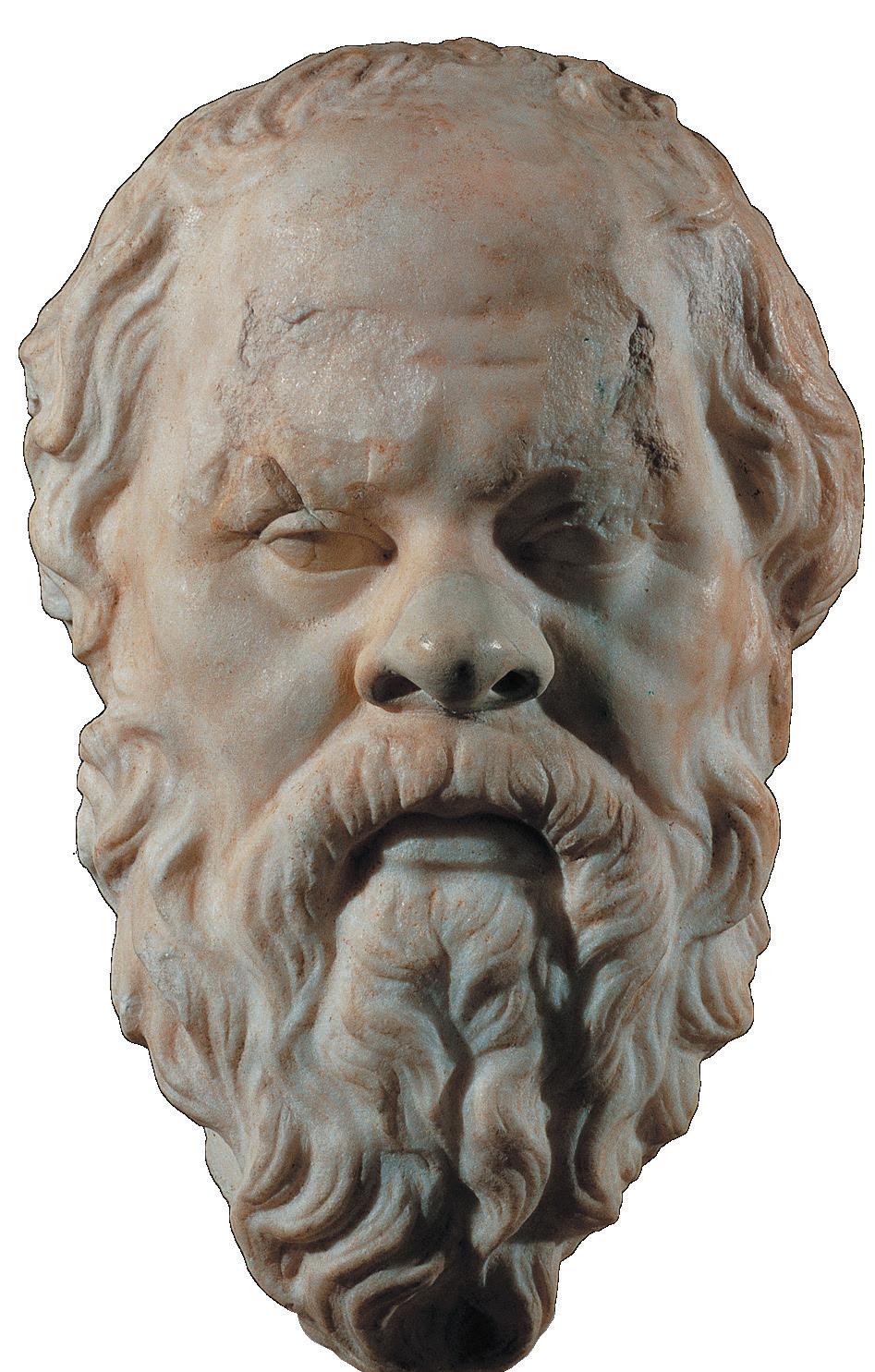
For many people, the quest for understanding through philosophy is a spiritual, transformative endeavor, an ennobling pursuit of truths at the core of life. Thus, several philosophers speak of philosophy as something that enriches or nurtures the soul or mind. Socrates, speaking to the jurors who condemned him for practicing philosophy on the streets of Athens, asked, “Are you not ashamed that, while you take care to acquire as much wealth as possible, with honor and glory as well, yet you take no care or thought for understanding or truth, or for the best possible state of your soul?” In a similar vein, the Greek philosopher Epicurus (341–270 BCE) said, “Let no young man delay the study of philosophy, and let no old man become weary of it; for it is never too early nor too late to care for the well-being of the soul.” And in our own era, the philosopher Walter Kaufmann (1921–1980) declared, “Philosophy means liberation from the two dimensions of routine, soaring above the well known, seeing it in new perspectives, arousing wonder and the wish to fly.”
Along with philosophical inquiry comes freedom. We begin our lives at a particular place and time, steeped in the ideas and values of a particular culture, fed readymade beliefs that may or may not be true and that we may never think to question.
2 Is it possible to lead a meaningful life without self- examination?
Philosophy is the highest music.
—Plato
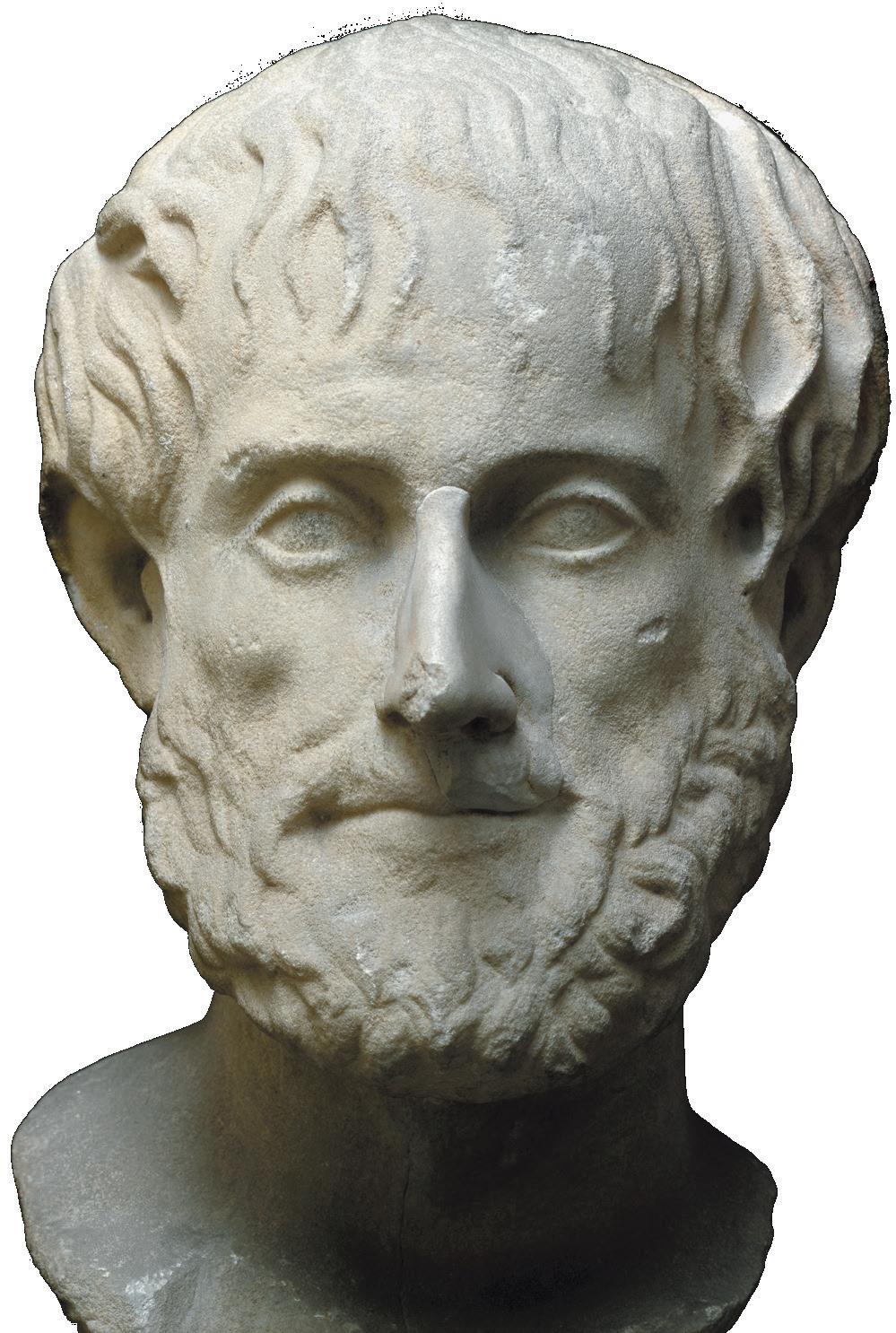
To teach how to live without certainty and yet without being paralysed by hesitation is perhaps the chief thing that philosophy, in our age, can do for those who study it.
—Bertrand Russell
3 Has your thinking recently led you to reflect on philosophical questions? If so, how did the thought process begin, and what fundamental belief did you end up contemplating?
Metaphysics is the study of reality in the broadest sense, an inquiry into the elemental nature of the universe and the things in it.
If you passively accept such beliefs, then those beliefs are not really yours. If they are not really yours, and you let them guide your choices and actions, then they—not you—are in charge of your life. You thus forfeit your personal freedom. But philosophy helps us rise above this predicament, to transcend the narrow and obstructed standpoint from which we may view everything. It helps us sift our hand-me-down beliefs in the light of reason, look beyond the prejudices that blind us, and see what’s real and true. By using the philosophical method, we may learn that some of our beliefs are on solid ground and some are not. In either case, through philosophy our beliefs become truly and authentically our own.
Philosophical Terrain
Philosophy’s sphere of interest is vast, encompassing fundamental beliefs drawn from many places. Philosophical questions can arise anywhere. Part of the reason for this is that ordinary beliefs that seem to have no connection with philosophy can become philosophical in short order. A physiologist may want to know how our brains work, but she ventures into the philosophical arena when she wonders whether the brain is the same thing as the mind—a question that science alone cannot answer. A lawyer studies how the death penalty is administered in Texas, but he does philosophy when he considers whether capital punishment is ever morally permissible. A medical scientist wants to know how a human fetus develops, but she finds it difficult to avoid the philosophical query of what the moral status of the fetus is. An astrophysicist studies the Big Bang, the cataclysmic explosion thought to have brought the universe into being—but then asks whether the Big Bang shows that God caused the universe to exist. On CNN you see the horrors of war and famine, but then you find yourself grappling with whether they can be squared with the existence of an all-powerful, all-knowing, and all-good God. Or you wonder what your moral obligations are to the poor and hungry of the world. Or you ponder whether government should help people in need or leave them to fend for themselves.
We can divide philosophy’s subject matter into four main divisions, each of which is a branch of inquiry in its own right with many subcategories. Here’s a brief rundown of these divisions and a sampling of the kinds of questions that each asks.
Metaphysics is the study of reality in the broadest sense, an inquiry into the elemental nature of the universe and the things in it. Though it must take into account the findings of science, metaphysics generally focuses on basic questions that science cannot address. Questions of interest: Does the world consist only of matter, or is it made up of other basic things, such as ideas or minds? Is there a spiritual, ideal realm that exists beyond the material world? Is the mind the same thing as the body?
